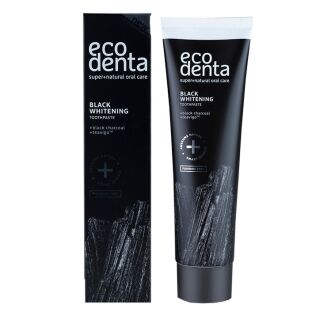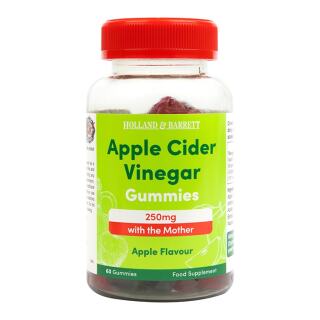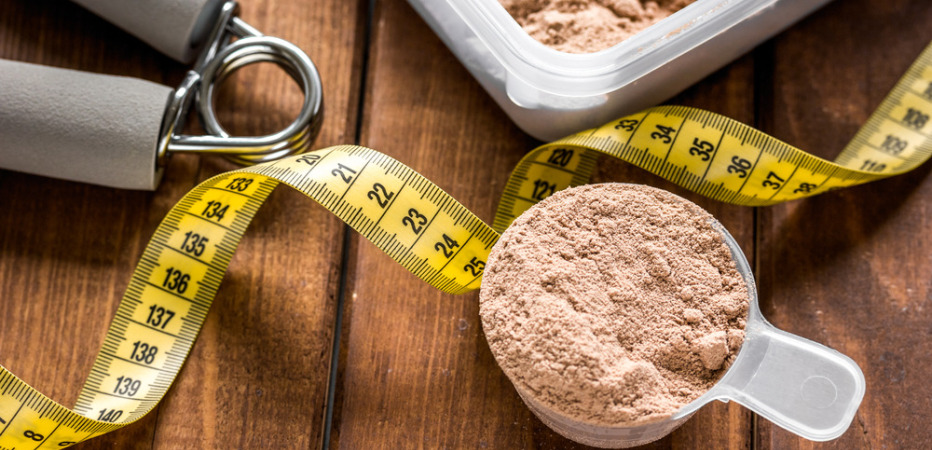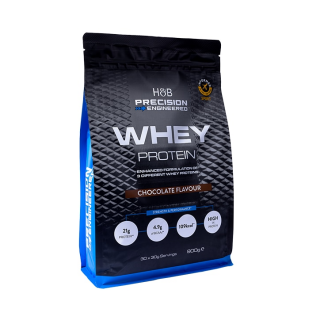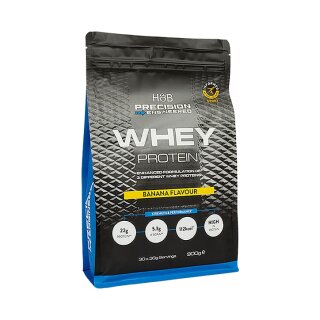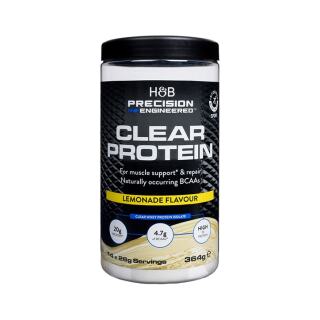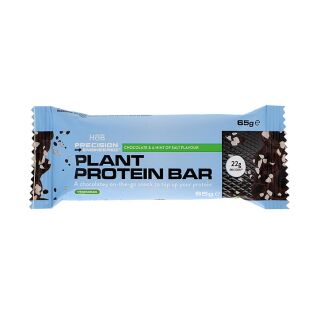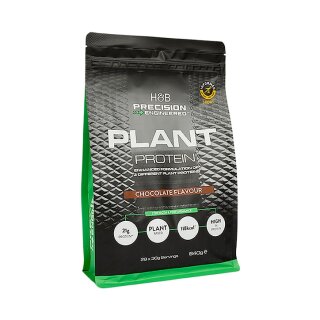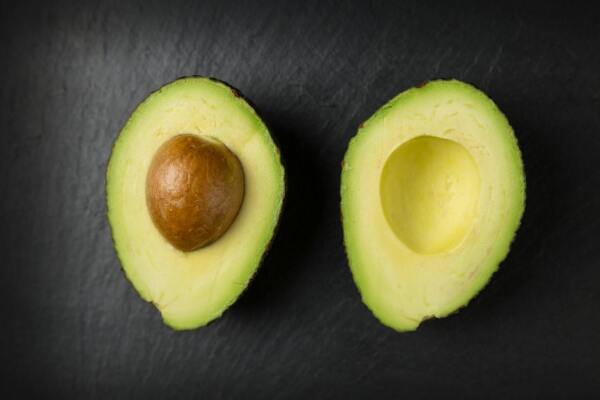Protein and weight loss: How protein plays a key role?
Protein helps in
weight loss in several ways. First, it provides a feeling of satiety, making us feel fuller for longer, which helps us not to snack during the day. Protein rich foods reduce hunger and increase levels of hormones such as leptin , insulin and cholecystokinin CCK which are associated with fullness, while reducing the secretion of ghrelin, the hormone that promotes hunger. This means that it is harder to feel hungry during the day, as well as to consume excessive amounts of food.
In addition, protein can reduce cravings and limit calorie intake, and its inclusion at every meal helps maintain blood sugar stability, which is particularly important in overweight people, where insulin resistance may be present. In addition, a high intake of protein also boosts metabolism, as digestion requires more energy to be processed. In other words, the body uses a greater amount of energy to complete the digestion of 100g of chicken than 100g of olive oil (a high-fat food) or honey (a high-carbohydrate food). Therefore, adequate protein intake contributes to the increase in diet-induced thermogenesis.
It is also important for muscle recovery and maintenance during a diet. If we don't get enough protein, we risk losing muscle mass, which can reduce the effectiveness of fat loss. Adequate protein intake ensures that weight loss comes mainly from fat, rather than muscle.
Protein and weight loss: What should I choose to eat?
Choosing the right protein plays an important role in the success of your weight loss effort. Certain types of protein are more beneficial than others because of their quality and bioavailability.
Foods rich in protein. Are they all the same?
The variety of animal and plant protein sources plays a key role in both the successful outcome of weight loss and in supporting the body around it. So it's not just a matter of consuming an adequate amount of protein, but getting it from good sources and a variety of them. Since food is not one-dimensional, it does not provide only protein, but a variety of nutrients. Let's not forget that variety means health.
Extremely important in weight loss is to choose
high biological value protein in our main meals, i.e. protein that provides all the essential amino acids. High biological value protein will be found in animal sources as well as in soy products, while if we consume only plant based food, we should focus on combining different plant sources of protein to get all the necessary
amino acids.
Let's get to know them together:
- Lean Meat: Meats such as chicken, turkey and lean beef are excellent sources of protein and also provide B vitamins and iron, helping with energy and recovery after exercise.
- Dairy and Eggs: Dairy products such as yogurt and cheese, as well as eggs, are good sources of animal protein and provide additional nutrients such as calcium and vitamin D.
- Plant Protein Sources: Plant-based protein sources such as legumes (lentils, chickpeas, beans) and quinoa are highly nutritious and ideal for vegetarians or vegans. They are rich in fibre, which helps to satiate and improve digestion. Some plant-based protein sources, such as soy and chia seeds, are also complete and provide all the essential amino acids.
- Variety in protein intake can help provide all the necessary amino acids and support weight loss efforts. Choose protein sources that fit your needs and preferences to help you reach your goals more effectively.
Protein Supplements
Whey Protein: Whey protein is one of the best options for weight loss. It is easily absorbed and helps in muscle recovery and also increases the feeling of fullness. Protein powder is a convenient way to consume, while protein bars are a great snacking option. Also, a protein shake can be a quick and effective way to get high-quality protein when time is not on our side.
In addition to whey protein, there are also plant-based protein powders, such as pea, rice or hemp protein, which are great options for those following a vegetarian or vegan diet.
How much protein do I need daily?
The amount of protein each person needs depends on their gender, age, physical activity and goals. The general recommendations are as follows:
- Healthy adults (sedentary lifestyle): 0.8-1g of protein per kg of body weight.
- Athletes or people who exercise intensively: 1.2-2.0g of protein per kg of body weight. For example, a 70 kg person who exercises regularly may need 84-140g of protein per day. Research shows that an intake of 1.2-2.0g per kg of body weight is ideal for those trying to lose weight and maintain muscle mass.
- The exact amount depends on personal goals. For example, people who exercise regularly and wish to lose fat without major muscle mass loss should consume more protein (which can range up to 2.3g/kg body weight) as this supports muscle recovery and protection during fat loss.
Conclusion
Protein is critical for weight loss as it helps maintain muscle mass, increases satiety and boosts metabolism. Consuming protein, either from natural sources or through supplements, best supports nutritional goals and leads to long-term results. Combined with strategies to manage psychological parameters, a balanced diet plan, with adequate protein consumption, can be a useful tool in weight loss, or better yet, loss of...fat!
Scientific References
Landry MJ, Ward CP. (2024) .Health Benefits of a Plant-Based Dietary Pattern and Implementation in Healthcare and Clinical Practice. Am J Lifestyle Med. 18(5):657-665
Leidy, H. J., Clifton, P. M., Astrup, A., Wycherley, T. P., Westerterp-Plantenga, M. S., Luscombe-Marsh, N. D., Woods, S. C., & Mattes, R. D. (2015). The role of protein in weight loss and maintenance. American Journal of Clinical Nutrition, 101(6), 1320S-1329S.
Phillips, S. M., & Van Loon, L. J. C. (2011). Dietary protein for athletes: From requirements to optimum adaptation. Journal of Sports Sciences, 29(S1), S29-S38.
Sepandi, M., Samadi, M., Shirvani, H., Alimohamadi, Y., Taghdir, M., Goudarzi, F., & Akbarzadeh, I. (2022). Effect of whey protein supplementation on weight and body composition indicators: A meta-analysis of randomized clinical trials. Clinical Nutrition ESPEN, 50, 74-83.
Sumithran, P., et al. (2011). Long-term persistence of hormonal adaptations to weight loss. The New England Journal of Medicine, 365(17), 1597-1604.
Stentz, F. B., Mikhael, A., Kineish, O., Christman, J., & Sands, C. (2021). High protein diet leads to prediabetes remission and positive changes in incretins and cardiovascular risk factors. Nutr Metab Cardiovasc Dis, 31(4), 1227-1237.


